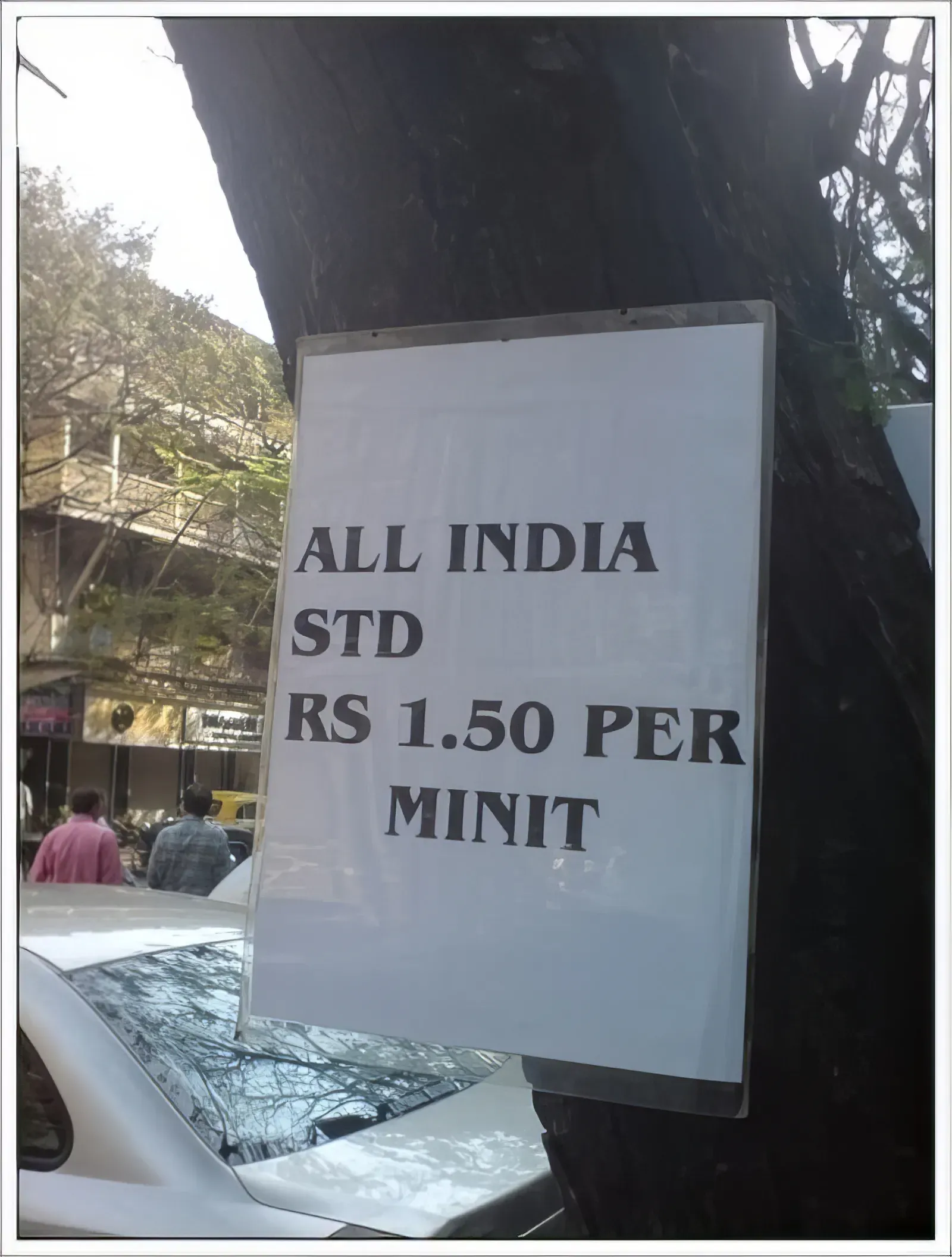Indian Inglish

The most significant asset of 21st-century modern India is its substantial population of young, educated individuals proficient in English. There is a considerable amount of buzz and business activities in India, given the numerous outsourcing operations taking place.
However, on the ground, we speak a very different English, incorporating borrowed words from Indian regional languages that make their way into our writing, advertisements, newspapers, TV spots, and shows from north to south or east to west.
For instance, in the south, it is quite common to end a sentence with “no” – ‘You’re going, no?’ which might function as a question or seek reassurance from the other end.
The use of terms like ‘yaar,’ ‘abey,’ ‘arey’ in an English conversation between Indians is prevalent, mainly among people of native Hindi-speaking origin.
Additionally, the word “ki” is often used to mean “that,” as in “What I mean is ki we should follow that sign.”
The term “wallah” is employed to denote occupation, such as taxi-wallah or grocery-wallah.
The use of words like maane (Bengali), Yani (Urdu), and matlab (Hindi/Urdu) is quite common to convey the meaning, as in “What I mean is….”
Expressions like “accha!” are used to convey positive emotions, as in “Accha, so that’s your plan?” Or chal (Hindi for the verb “walk”) is used to mean “Ok,” as in “Chal, I gotta go now.”
These linguistic nuances have become so ingrained in our daily lives that we hardly notice them. You might even find certain spellings unique in Indian English, either to attract attention or out of ignorance. I believe this linguistic diversity falls into the latter category. What’s your preference?
On a personal note, I think Indian English is more globally understood and acceptable than that of any other British colonies. I strongly believe that we should not dilute our English with unnecessary influences and make every effort to keep it close to its roots, rather than turning it into a pigeon language.
About the Author

Santanu
A nature lover, runner, travel enthusiast, and occasional baker. He dives into web development and cloud technologies, always exploring and building with curiosity.
View all posts →

